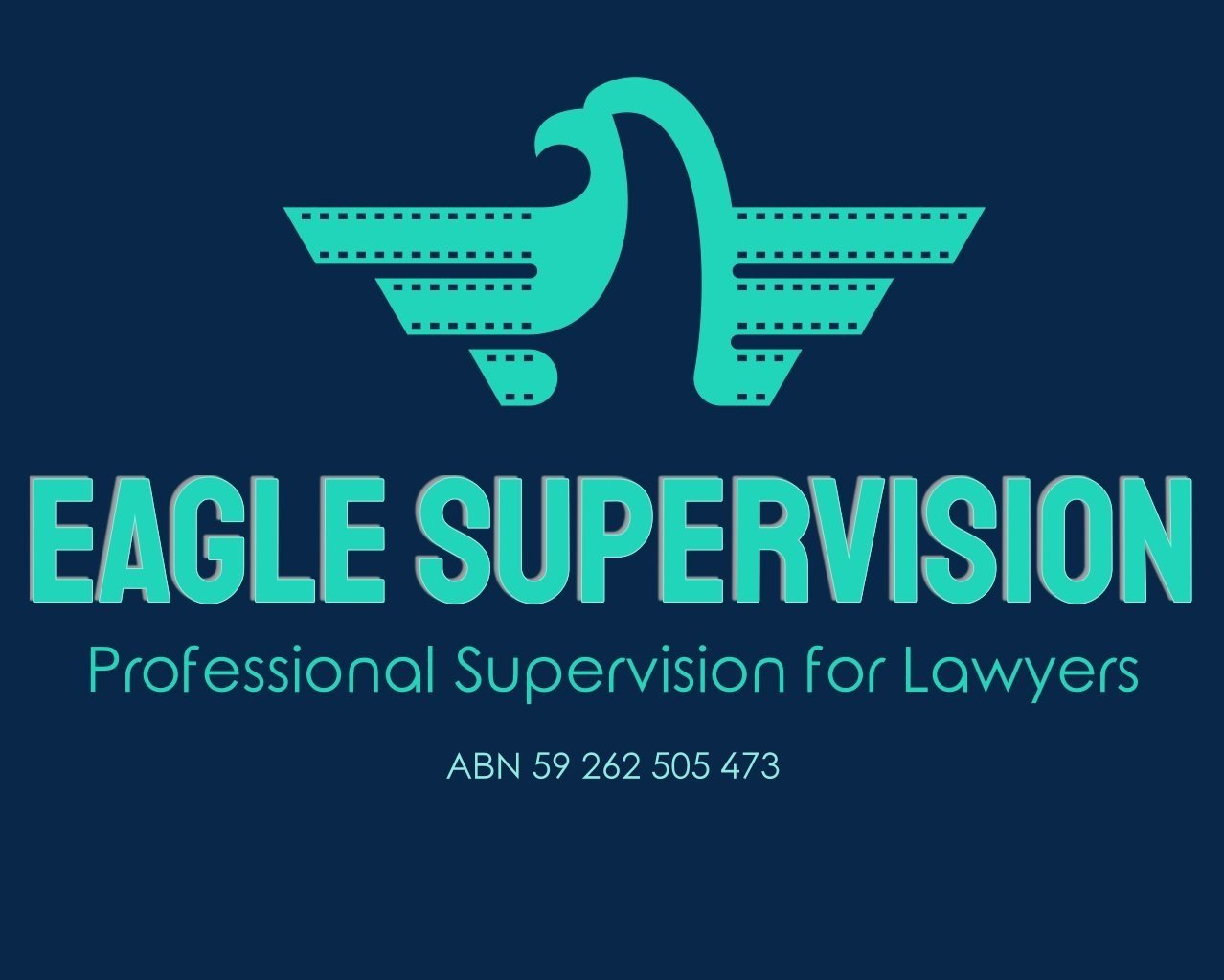
Frequently Asked Questions
Do supervision sessions need to be done in person, face to face to work?
Not at all. In fact some of the more powerful supervision meetings have taken place online via a platform like Zoom, Skype or by telephone. If you prefer face to face, in person meetings, please let us know.
How is supervision different to mentoring, coaching or therapy?
Coaching usually has a specific goal, or expectation to achieve a defined ‘something’ in mind. It may not be a fully tangible something - e.g. for the coachee to learn more about anger management or learn more about leadership styles and developing leadership skills. Coaching is useful for things like preparing the coachee for a particular position in an organization. It can be quite physiologically driven.
Mentoring tends to involve sharing, teaching, helping and imparting of wisdom from someone more experienced in the profession to the mentee who is usually less experienced in the area or profession in which mentoring is sought. It tends to be a further and deeper understanding of the processes, or mechanics of subject matter of the profession itself. Mentoring is usually a more informal arrangement.
SuperVision is much broader, it is about being able to be reflective in your practice and to have different lenses coming in to gain different perspectives on things e.g. that you have always been working on the same way with. It helps become a more reflective rather than a reactive practitioner. Supervisees gain clarity around how they are and specifically how they are in their work. It enhances your awareness of yourself in practice, and how you work helps you when you are in the work.
Sometimes, SuperVision is described as ‘therapy for your work’. The focus is on work related issues and the boundaries around that are discussed between the supervisee and supervisor. Your supervisor may refer you to other supporting professionals, if required.
Professional SuperVision is a form of professional (and personal) development. It is also a form of self-care by the professional and a support tool for the professional.
At the start of a year I set some goals. Some of them are career focused. How often do we really focus on what tools or support vehicles are available to draw on to help achieve those goals set? I use supervision as one of the tools to support my career goals.
How often should I schedule a supervision session?
The frequency and duration of SuperVision sessions is agreed upon between the supervisor and supervisee. In some professions, SuperVision is mandatory and there are a required number of sessions per year to be attended to keep a practising certificate. For example, this is true of psychologists to maintain their registration and gain their continuing professional development units. They may be required to do at least 10 sessions per year.
It is usual for SuperVision sessions to occur once every 4 to 6 weeks. It can be more frequent if the supervisee requires. I noticed during some of the lockdowns when my supervisees were working from home, facing new and uncertain challenges, some of them sought SuperVision every 2 weeks for a time. One supervisee, asked for supervision every week for a few weeks during the acute change and pivoting of their work during the beginnings of the pandemic.
Regularity is key. The sustained and regular ‘habit’ of attending SuperVision and integration from those sessions of new observations, new learnings into a supervisees professional life is one of the biggest benefits of SuperVision.
Sometimes, I find there is a lot for me to take to SuperVision to discuss and explore. there might be a particular event or incident which has occurred. Other times, it might be that I want to explore the way I deal with certain types of client or work types. I don’t cancel my session because I don’t think I ‘have enough’ to take to talk about or a specific example in mind.
It sounds cliched but SuperVision is a journey to support you in your profession through the ups and downs. It is easy to think that while all is up, SuperVision is not required, that it is is only for the down times; but this is not the case.
The supervisor and supervisee will spend time coming to an agreement on matters including duration and frequency of sessions.
How long does a typical supervision session last?
The duration of each SuperVision session will be agreed on between the supervisor and supervisee.
Some of my supervisees spend 1 hour each session in SuperVision and others 2 hours.
I have been in my profession for many years. I am an experienced and senior in my professional space, do I need supervision?
No matter the age or stage in your profession, professional SuperVision is applicable. It is never too late to start and it is not a stigma or blight on you to engage in professional SuperVision after many years of being in your profession. In fact, it is the opposite. You clearly care about your clients, your profession, you.
As it is not mentoring, your supervisor does not need to have the same depth of knowledge or experience in your area of expertise.
The word supervision has all sorts of negative connotations. Most lawyers are familiar with hierarchical supervision because newly admitted solicitors (in NSW) have a supervised practice condition imposed on their practising certificates during the beginning years of practice. This has connotations of oversight and assessment.
“There is a common misconception that supervision is only for those who are still in training, or for those who are somehow lacking or incompetent. To the contrary, a willingness to engage in supervision and explore vulnerabilities requires, strength, maturity and commitment”.
Commonly the personality type attracted to law is not conducive to exposure of vulnerabilities. Also, there remains the perceived stigma of addressing potential mental health issues.
This leads to isolation, fatigue, depression and worse. SuperVision is confidential.
I am new or only a few years into my profession, should I engage in supervision?
Absolutely, what a great way to start your professional life! Some of the best performers in the world engage in regular reflective practices like SuperVision.
You are giving yourself the best chance at having a long and rewarding career and reducing the possibility of feeling isolated, overwhelmed, suffering from burnout or even leaving the profession you have worked hard to get into.
You are being proactive. Implementing professional SuperVision is a smart strategy for your career’s longevity, success and most importantly, your enjoyment of it.
If the role is to be sustainable, professional SuperVision would ideally carry on for the duration of the lawyer’s career. Professional supervision should mature and change as the supervisee changes, evolves and moves through their career.
Is supervision done individually or in a group?
Either! It can be done individually or in a group. There are different benefits gained from one-on-one supervision to group supervision, but group supervision can be very effective.
If you are interested in group supervision, please contact us.
How much does supervision cost? Who covers the cost?
Please contact us so we can work out your requirements and discuss terms and fees. Some supervisees have their employer pay for their supervision. Some supervisees pay themselves. Some have a blended arrangement where the employer will pay for a defined number of sessions per year and the supervisee will pay for the other sessions. A lot of employers see the benefit of giving their employees the ability to access professional SuperVision.
Either way, the payments are tax deductible.
I debrief with colleagues over a coffee, over a drink or at the water bubbler, how is supervision any different?
Talking with a colleague is valuable and definitely has its place. It is different though from SuperVision. ‘The water bubbler' chat is usually random, ad-hoc quick debriefs as and when the need arises to chew over a particular scenario, client and so on.
There is more intentional thinking and discussion during SuperVision. Each session is focused on the supervisee and what they bring to SuperVision to focus on. Unlike your colleague, your supervisor is not usually involved in your workplace and does not have their involvement or own assumptions, beliefs or agenda about the matter.
